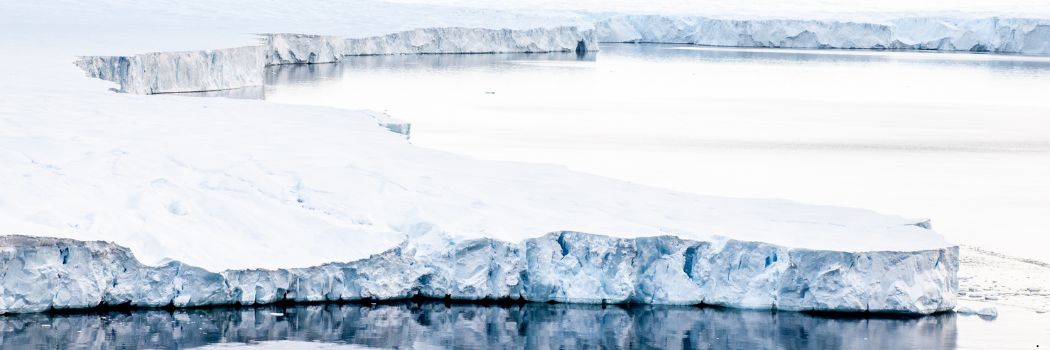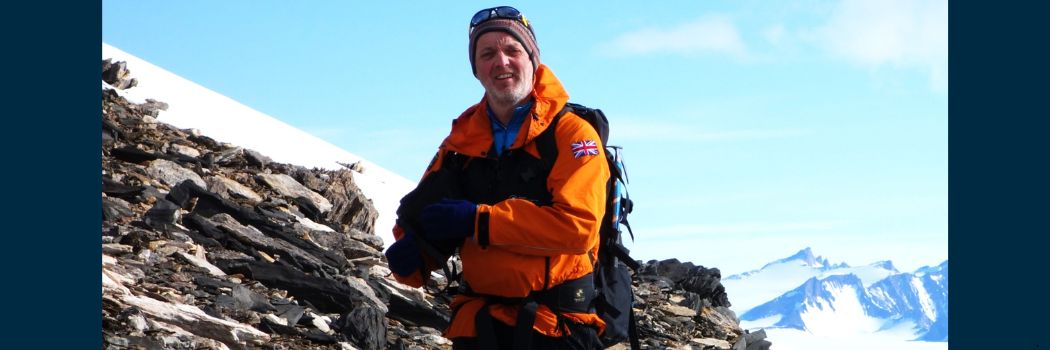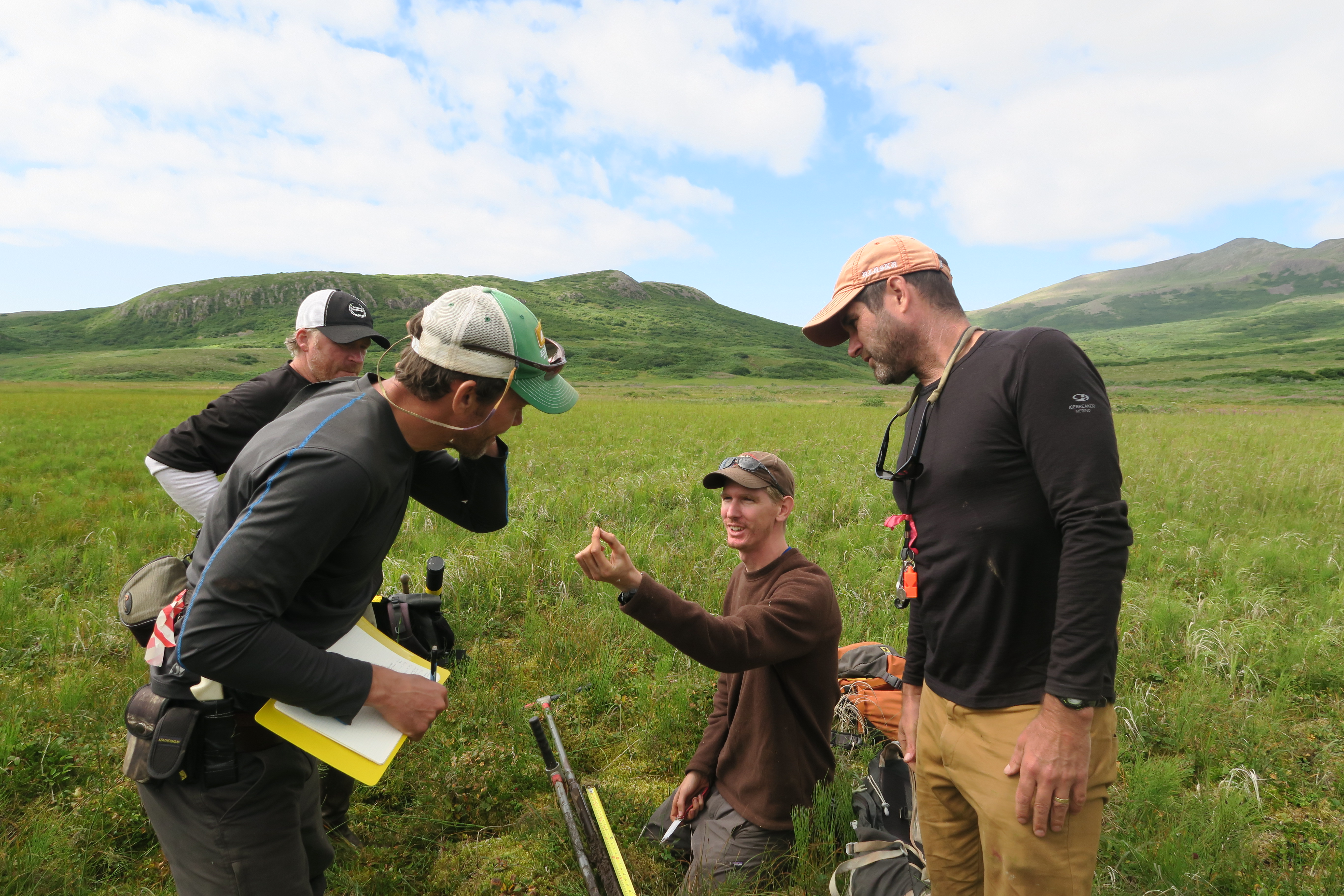Latest news
What does the future hold for the North East region?
How did the North East region transform from one with innovative firms to one with assembly line factories to eventually become a destination for call centres and Amazon distribution centres?
Colin McFarlane book award
Professor Colin McFarlane has been announced as the winner of the 2025 Pattis Family Foundation Global Cities Book Award!
Call to build asylum housing 'that works'
Professor Jonathan Darling, from our Department of Geography, says that after the Epping Forest case, the UK Government needs to be bold and build asylum housing that works.
Polar geoengineering ideas will not help and could harm, experts warn
Five of the most-publicised polar geoengineering ideas are highly unlikely to help the polar regions, according to a new study involving our geographers.
Professor Jonathan Darling on the use of hotels in housing asylum seekers
The UK Government is seeking to end the use of hotels to house asylum seekers. Professor Jonathan Darling, from our Department of Geography, explains the situation and how ‘asylum hotels’ became so contentious.
New study reveals lasting impact of earthquakes on rivers and landscapes
When the devastating magnitude 7.9 Wenchuan Earthquake struck central China in May 2008, it triggered more than 60,000 landslides, reshaping the slopes of the Longmen Shan mountains.
Newly discovered ancient river landscapes control East Antarctic ice flow
Our geographers have discovered the remains of landscapes thought to have formed when ancient rivers flowed across East Antarctica.
How the UK became dependent on asylum hotels
The UK Government has promised to stop using hotels to house asylum seekers by 2029. Professor Jonathan Darling from our Department of Geography takes a look at the details behind the plans.
‘World-class’ research showcased during Europe-wide summit
The global impact of our research has been highlighted during a visit by the European Research Council Scientific Council.
ERC Spotlight: Reconstructing Antarctic sea-ice evolution with Professor Erin McClymont
We will host the European Research Council's (ERC) Scientific Council meeting this June. Leading up to the visit, we are highlighting some of the projects at Durham that are happening thanks to support from the ERC.
Professor Mike Bentley awarded OBE for Antarctic research
Research into the past and future behaviour of the Antarctic Ice Sheet has earned Professor Mike Bentley an OBE in The King’s Birthday Honours list.
Dr Simon Engelhart has been awarded the Geological Society of America 2025 Kirk Bryan award
Simon Engelhart has been awarded the Geological Society of America 2025 Kirk Bryan award.







.jpg)



